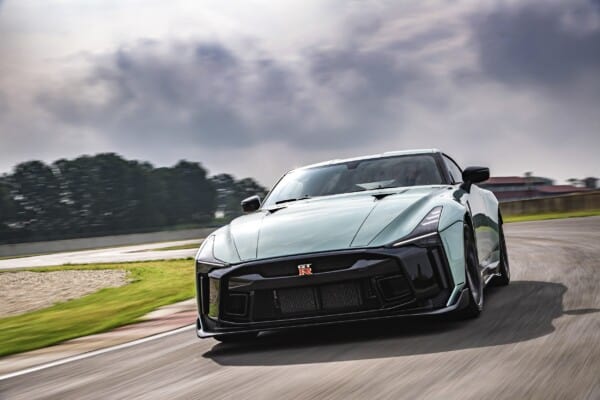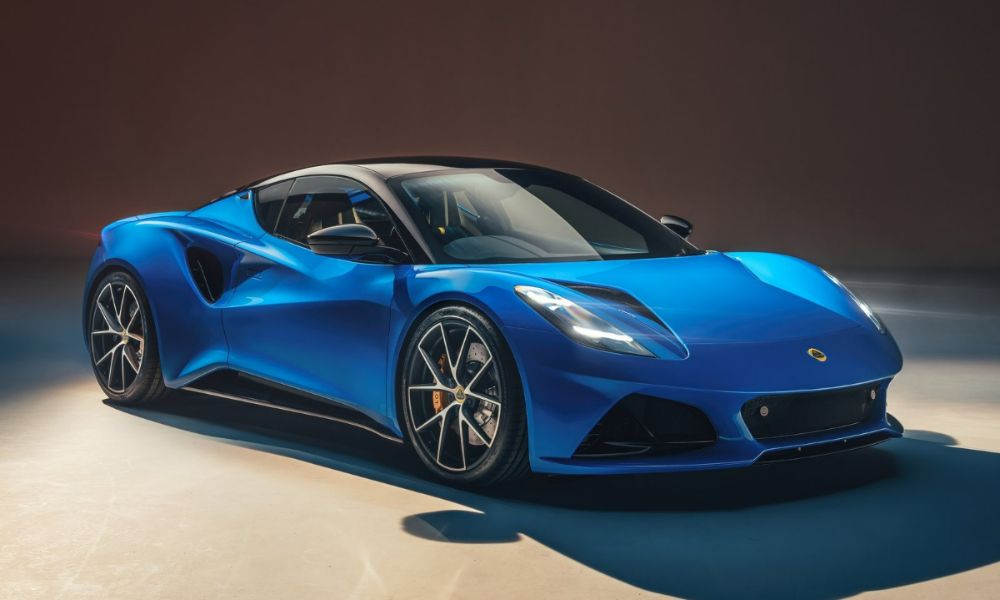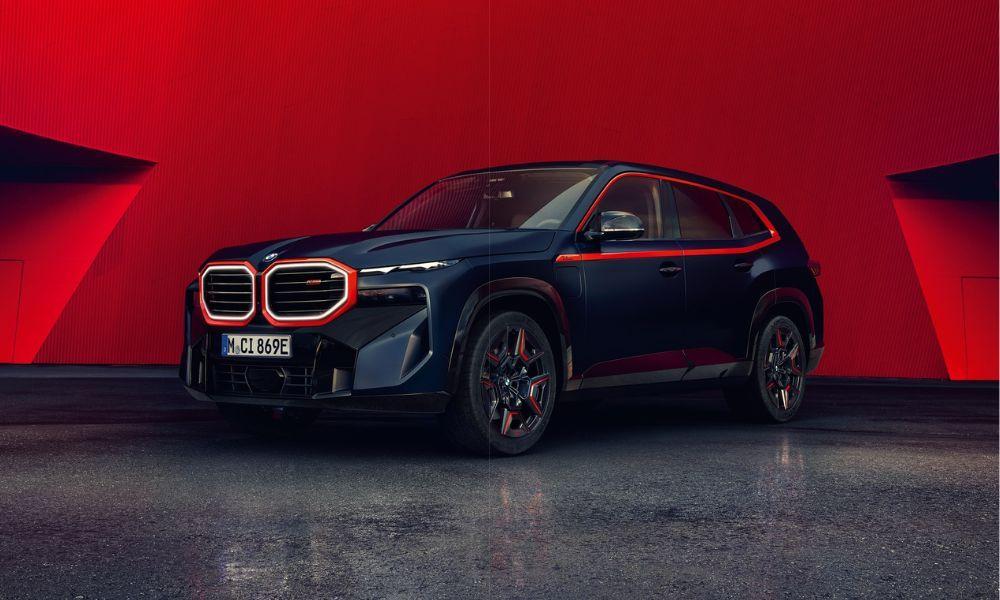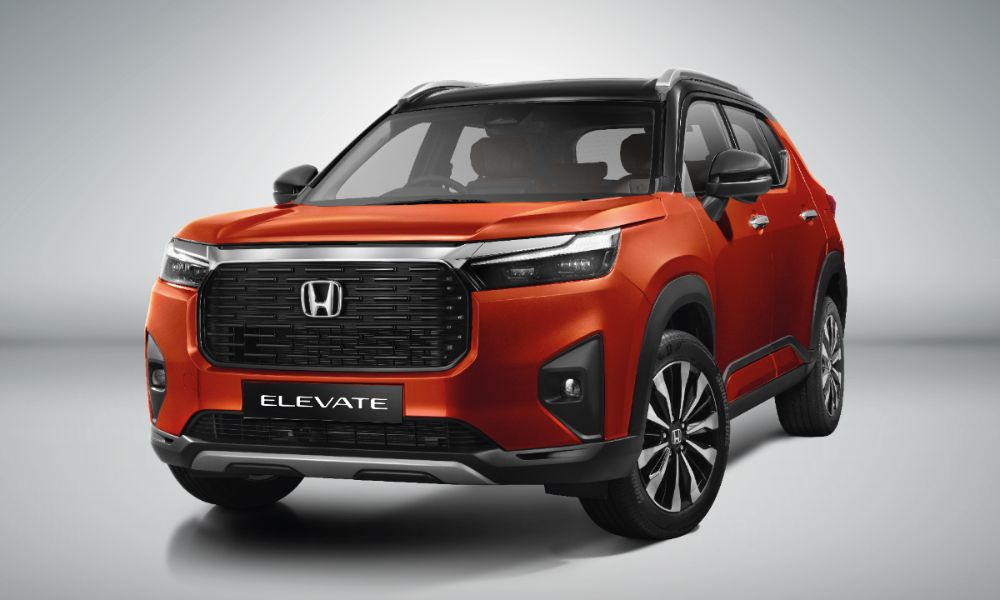The electric vehicle (EV) revolution is reshaping the automotive industry as manufacturers worldwide race to meet growing consumer demand for eco-friendly alternatives. Driven by environmental concerns, government regulations, and advancements in technology, car brands are making significant strides to transition from traditional internal combustion engines to electrified models. This article explores how leading car brands are adapting to the EV revolution, highlighting their strategies, innovations, and challenges.
The Shift Toward Electric Mobility
The global push for sustainable transportation has prompted automakers to prioritize electric mobility. Governments across the globe are setting ambitious targets to reduce carbon emissions, incentivizing consumers and manufacturers to embrace EVs. Car brands are responding by developing extensive EV lineups, investing in advanced battery technology, and building robust charging infrastructures.
Investment in EV Research and Development
Major car brands are channeling significant resources into research and development to accelerate EV production. Companies like Tesla, Volkswagen, and Toyota have established dedicated EV divisions to design innovative electric models and improve battery efficiency. The focus on solid-state batteries, which promise longer range and faster charging times, is a key area of investment. These advancements aim to address consumer concerns about range anxiety and charging convenience.
Expansion of Electric Vehicle Lineups
To cater to diverse customer needs, car brands are expanding their EV offerings across multiple segments. Tesla continues to lead with its lineup of premium electric vehicles, including the Model S, Model 3, and Model Y. Volkswagen’s ID series, including the ID.4 and ID. Buzz, targets mainstream consumers with affordable options. Luxury brands like BMW and Mercedes-Benz are entering the EV market with models like the BMW iX and Mercedes EQS, blending performance with sustainability. This broad range of options ensures that EVs appeal to a wider audience.
Transition to Carbon-Neutral Manufacturing

In addition to producing EVs, automakers are adopting sustainable manufacturing practices to reduce their environmental footprint. Brands like Volvo and BMW are working toward carbon-neutral production by integrating renewable energy into their manufacturing processes and using recycled materials. Tesla’s Gigafactories, powered by solar and wind energy, set an industry benchmark for sustainable production.
Collaboration and Partnerships
Collaborations between car brands, tech companies, and governments are playing a pivotal role in accelerating the EV revolution. Joint ventures like the partnership between Ford and Rivian for electric truck development and GM’s collaboration with LG Chem for battery production highlight the importance of shared expertise. Governments are also supporting automakers by investing in charging infrastructure and offering subsidies to make EVs more accessible.
Overcoming Challenges in the EV Transition
Despite significant progress, car brands face challenges in adapting to the EV revolution. High production costs, limited charging infrastructure, and supply chain issues for critical materials like lithium and cobalt pose obstacles. To address these challenges, automakers are working to reduce battery costs through technological innovation and expanding fast-charging networks in collaboration with energy providers.
The Role of Autonomous Technology in EVs
Autonomous technology is emerging as a natural complement to EVs. Many car brands are integrating self-driving features into their electric models, enhancing convenience and safety. For instance, Tesla’s Autopilot and General Motors’ Super Cruise are paving the way for fully autonomous EVs. This combination of electrification and automation represents the future of mobility.
The Road Ahead for EV Adoption
The future of the automotive industry lies in electrification. Governments continue to implement stricter emissions standards, and consumer awareness about the environmental benefits of EVs is growing. Car brands that adapt quickly to these changing dynamics and address consumer concerns about affordability and infrastructure will lead the transition.
Conclusion
The EV revolution is not just a technological shift but a transformation of the entire automotive ecosystem. By investing in innovative technologies, expanding EV portfolios, adopting sustainable practices, and fostering collaborations, car brands are adapting to the demands of the future. As the EV market matures, these efforts will ensure a cleaner, more sustainable transportation landscape.




